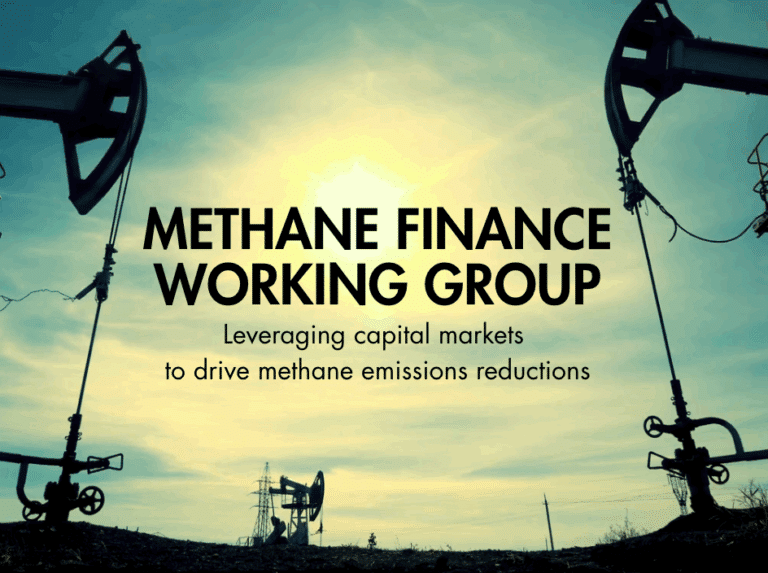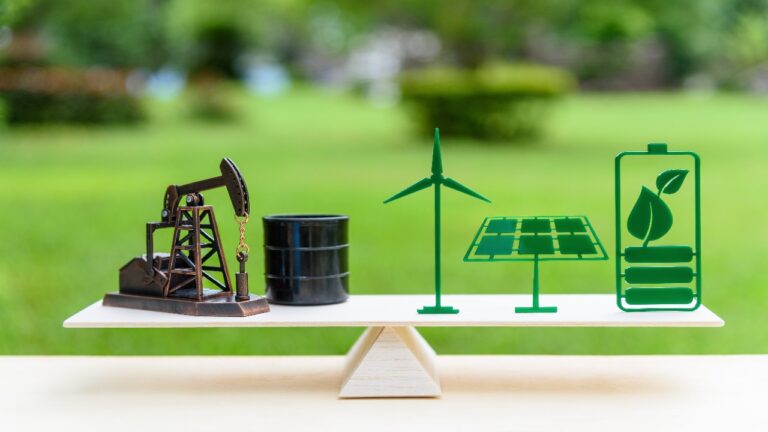This is the third episode of a five-part series exploring the European energy crisis in the wake of Russia’s invasion of Ukraine. If you haven’t listened to the first two episodes, we recommend you start there.
Why is it so hard for Poland—and the world—to ditch coal?
Even with a plan to phase down fossil fuel use, Poland still gets 70% of its electricity from coal. Can a country so dependent on coal make the transition to green energy effectively—and quickly?
In this episode, we explore the consequences of Poland’s historical reliance on coal. It’s a story that begins at COP24 in Poland, where a coal miners marching band welcomed climate negotiators from around the world in 2018. From there, we visit a historical coal mining town in southwestern Poland, where we meet a man who digs for coal to sell on the black market in the wake of the Ukraine invasion.
Then, we take a look at the energy source that could help Poland cut the cord with coal: nuclear power. In an effort to gain energy security and reduce emissions, Poland is building its first reactors. But with Russia controlling much of the nuclear supply chain, is Poland trading one dependency for another?










